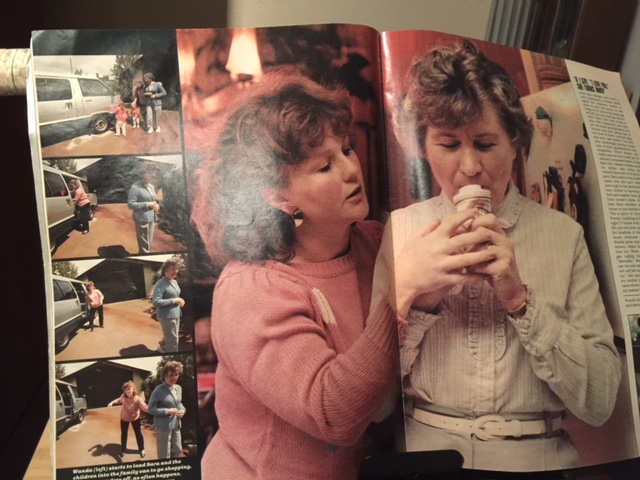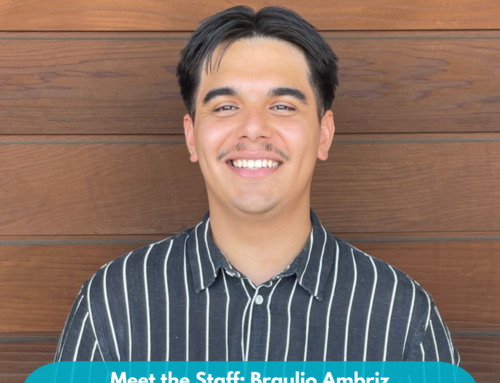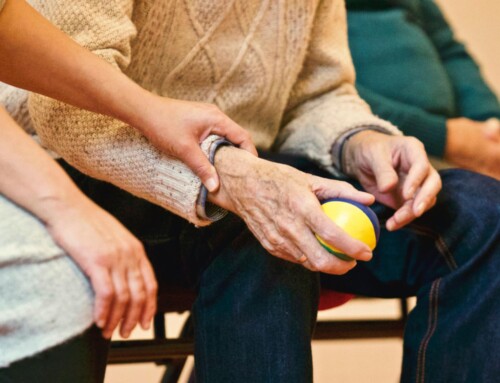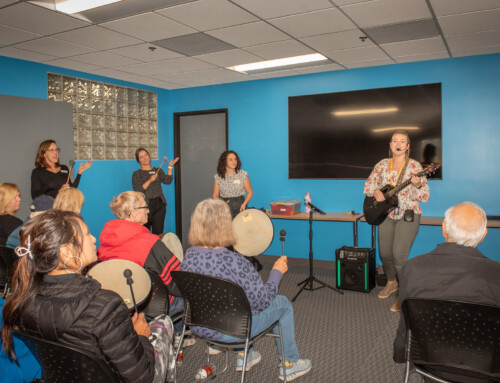By Kara Jacobsen
Wanda Smith is no stranger to a common form of dementia. She describes her experience as “a family tree of neurological conditions…the number of individuals could wrap around a ballroom.”
We’re talking about FTD or frontotemporal dementia – which has drastically impacted Wanda and her family. FTD is often confused with Alzheimer’s disease, but molecularly and behavior-wise, the two are totally different. Wanda is passionate about educating people about FTD and encouraging those who are able to participate in clinical trials.
FTD usually affects younger adults. Symptoms usually start in people aged 45 to as late as 80. It is also less common than Alzheimer’s. Historically, it was frequently misdiagnosed as such or thought to be a result of depression or mental illness. But due to recent research breakthroughs, an accurate diagnosis is readily available with a good MRI or genetic testing.
“Since the 1980s, the philosophy of drug companies just lumped everyone into the same basket, thinking they could do a ‘one size fits all’ approach to dementia medications,” Wanda describes. “But common Alzheimer’s drugs prescribed like Aricept just do not work for FTD.”
RELATED | Learn about other forms of dementia
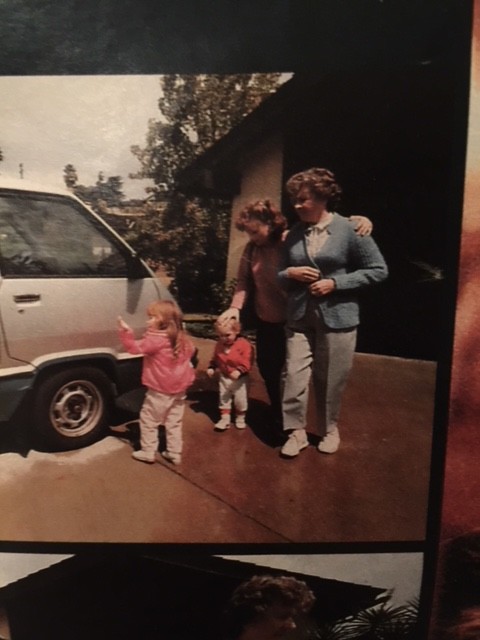 Several of Wanda’s family members have been affected by FTD, including her mother, Sara. After they visited with a handful of neurologists, the family learned they had the presence of the gene progranulin. There are about 25 different unique genes that cause these types of neurological conditions, and progranulin is often associated with an FTD diagnosis. Once they were able to figure out that piece, they were able to have more family members follow and get their testing done too.
Several of Wanda’s family members have been affected by FTD, including her mother, Sara. After they visited with a handful of neurologists, the family learned they had the presence of the gene progranulin. There are about 25 different unique genes that cause these types of neurological conditions, and progranulin is often associated with an FTD diagnosis. Once they were able to figure out that piece, they were able to have more family members follow and get their testing done too.
Even then, there was initial confusion between Alzheimer’s and FTD.
“There were a lot of questions,” she says. “We were all told that we had the gene for Alzheimer’s – but were not sure until we had genetic testing done and we discovered it wasn’t Alzheimer’s at all.”
A Local Legacy
With her family history and genetics, it’s no surprise Wanda has become a fierce advocate for people living with dementia. Wanda attended the very first support group for dementia caregivers in San Diego decades ago, and she is currently active on many local government committees such as the county’s Advisory Council for Aging & Independence Services.
Her husband, Bill Smith, was also instrumental in shaping the organization that became Alzheimer’s San Diego back in the 1980s. He has served on the board for many years and was recently the Board Chair. Together, it’s their mission to inform the public about current research and resources available for families dealing with FTD.
“I wish people knew there were drugs in clinical trials currently out there to help them. Amyloid based products do nothing for FTD. You have to rally to investigate resources outside of the normal,” Wanda explains.
“When it comes to genetic testing, insurance won’t pay. But there are a couple of companies offering saliva tests for around $800, however, the doctor must place an order for a report and it takes about 12 days for them to send your results,” Wanda continues. “There are also tests available from Precision Genetics, Athena Diagnostics, and Invitae but these can be quite expensive. When it comes to genetic counseling, this makes sense if it’s prior to receiving a diagnosis, but if someone already officially has FTD there’s not much reason for it.”
FTD Resources
You can learn more about FTD by watching this short video:
In addition, here are Wanda’s top tips for getting involved and finding support:
- Participate in local clinical trials
- Support Collaboration4Cure – an initiative that combines seed money from various institutions towards significant research findings and therapies.
- Donate your brain to science at the point of death.
In addition, she recommends visiting these FTD organizations for further information:
- ALLFTD: A government-run program across the US at major universities that studies families with rare genes. There are currently only 18 products in clinical trials for rare genes under 70.
- The Association for Frontotemporal Dementia
- Genetic Frontotemporal Dementia Initiative (GENFI)
Lastly, she shares these resources for the latest developments in FTD research:
As well as the different drug discoveries from companies in progress:
To learn more about FTD or local clinical trials in San Diego County, call Alzheimer’s San Diego at 858.492.4400 or click here for more information.
